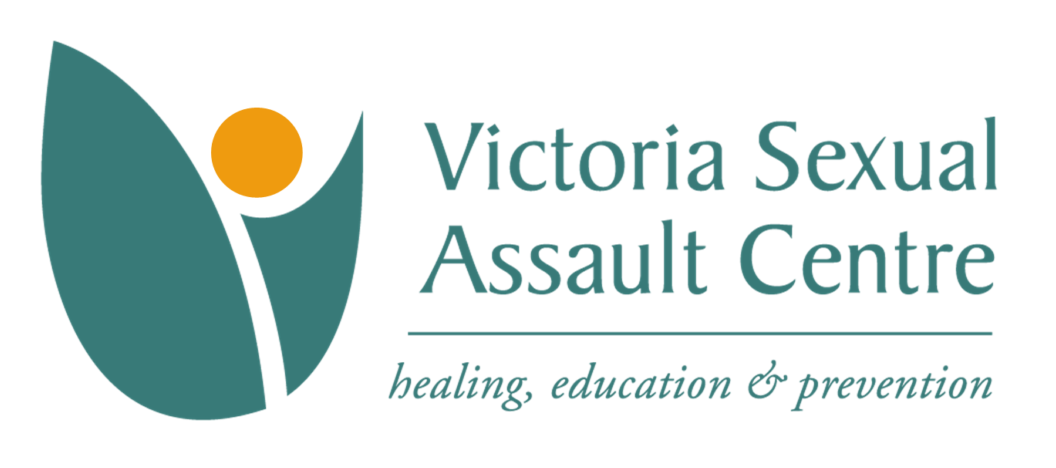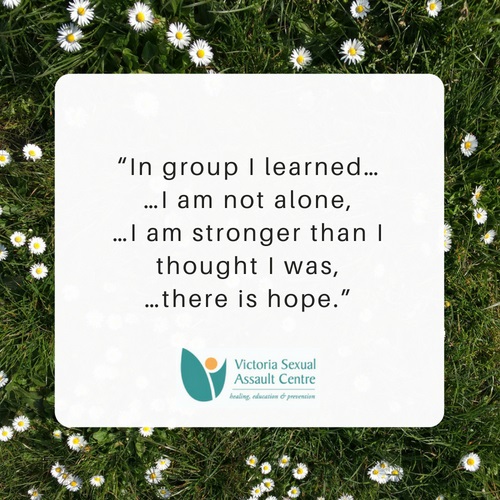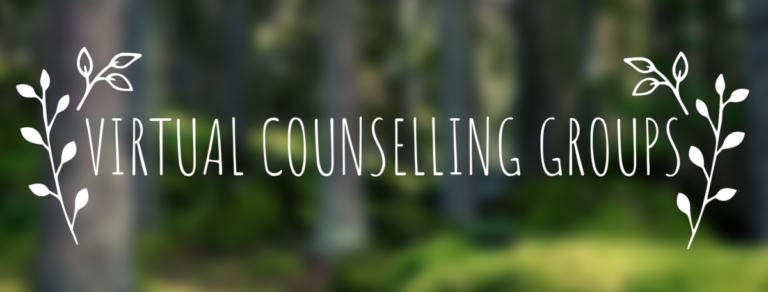Rape: Issues of guilt, blame, and shame

I work with survivors of sexualized violence, and our conversations are about unimaginable, violent offences. Incidents of sexualized violence underscore the cruelty of rape, in that it is humiliating and objectifying. Rape is an act of power and control, with zero consideration for the dignity or humanity of survivors. Response-based practitioners would say that rape, like other violent offences, is an affront to survivors’ dignity (Coates, Todd, & Wade, 2000). Because dignity is central to social life (Coates et al., 2000) survivors’ pride, worth, honour, and respect are affected.
In my work, recurring themes about rape that I hear from survivors are guilt, blame, and shame. With guilt, they regret having done something that caused the assailants’ violent act of rape. Additionally, many survivors of rape self-blame by judging their own behaviours as wrong (Griffin, 2014).
For example, survivors say perpetrators raped them because of clothing that accentuated their bodies, their body shapes or sizes, and because of their appearance. Survivors say that the resulting shame is mental pain that they can feel. I have discovered that rape and shame co-exist for survivors who believe the rapes occurred because they are bad people (Staff, 2008). Because the language of being bad is often interpreted as promiscuousness, survivors are convinced that others will think negatively about them. The intense thoughts and feelings of humiliation, helplessness, and shame from rape means, like other survivors, they may never talk about what happened. In essence, the shame of rape and the notion of being bad silence them. Judith Herman (as cited in Young, 2010) writes, “Shame is a response to helplessness, the violation of bodily integrity, and the indignity suffered in the eyes of another person” (Para. 6)
Working from self-condemnation towards self-forgiveness is one approach I take when survivors self-blame from rape. We begin with elements of self-condemnation such as guilt, blame, shame, regret, and disappointment (Griffin, 2014). Self-condemnation is a self-evaluative stress response that produces negative emotions (Griffin, 2014). In contrast, self-forgiveness is a dignifying approach that can restore and repair minds, hearts, and bodies (Griffin, 2014) that struggle with self-condemnation from rape. I continue to walk beside survivors of rape as they navigate a path from self-condemnation to self-forgiveness.
References
Coates, L., Todd, T., & Wade, A. (2000). An interactional and discursive view of violence and resistance [class handout]. City University of Seattle.
Coates, L., & Wade, A. (2007). Language and violence: Analysis of four discursive operations. Journal of Family Violence. 22(7), 511–522.
Griffin, B. J. (2014). Efficacy of a self-forgiveness workbook: A randomized controlled trial with university students. [Master’s Thesis, Virginia Commonwealth University]. VCU Scholars Compass. https://scholarscompass.vcu.edu/cgi/viewcontent.cgi?article=4317&context=etd
Staff Writer. (2008, November 17). Guilt and shame of being raped. Healthy Place. https://www.healthyplace.com/abuse/articles/guilt-and-shame-of-being-raped
Young, K. (2010, January 25). Shame and self-blame after trauma [blog post]. Dr. Kathleen Young: Treating Trauma in Tucson. https://drkathleenyoung.wordpress.com/2010/01/25/shame-and-self-blame-after-trauma/






